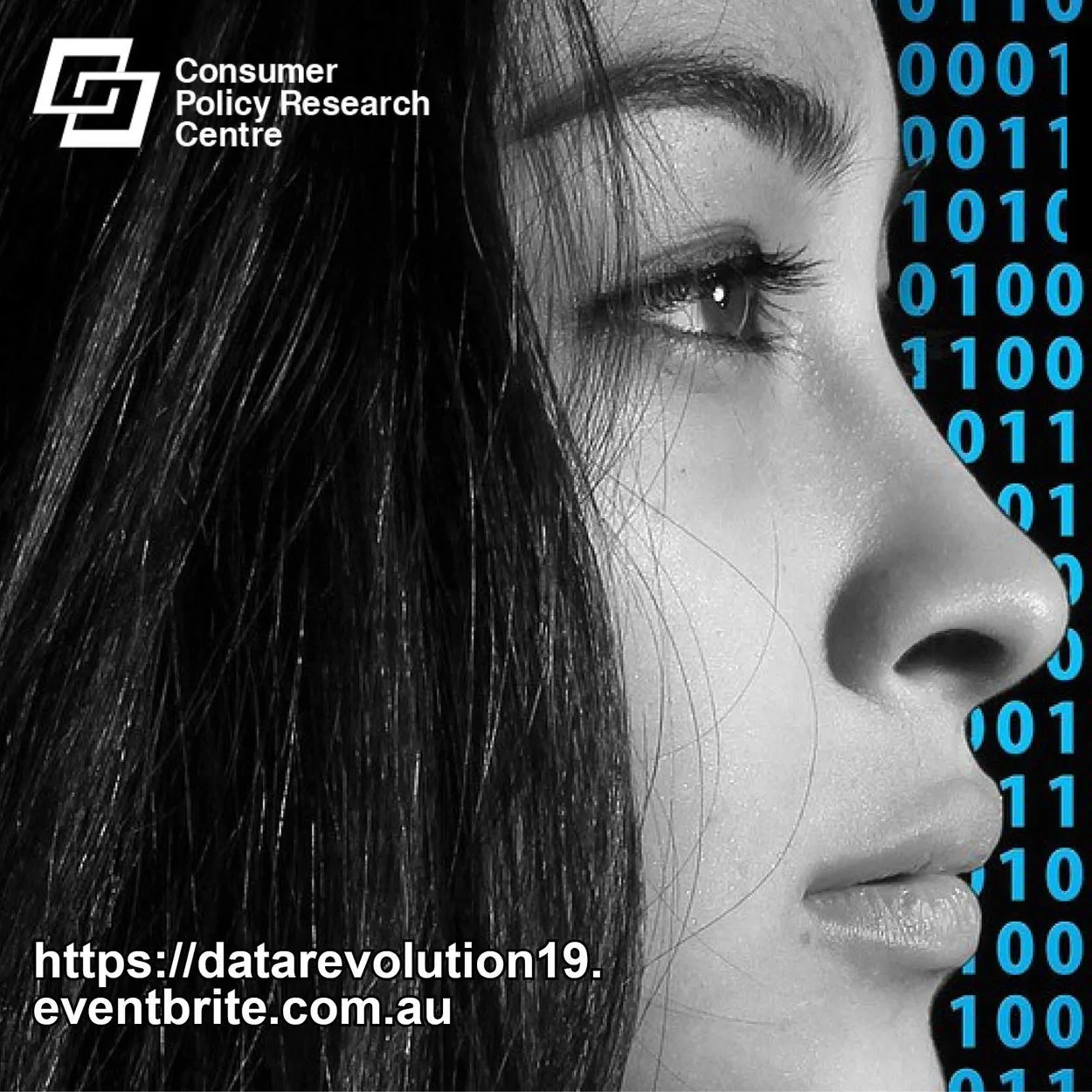Recent animal cruelty court cases have once again shown that the traditional justice system falls well short for both victims and offenders. Felicity Tepper, senior research officer at ANU’s School of Regulation and Global Governance explores how restorative justice could have better outcomes for humans and animals alike.
Read MoreMarisa Lo Bartolo (LinkedIn), from Good Shepherd (@GoodShepANZ) reflects on the recent Australian Domestic, Family and Sexual Violence Recovery and Healing Conference in Wollongong. Marisa is a Policy and Advocacy Advisor, and has a particular interest in the primary prevention of gender based violence, trauma recovery, and issues faced by LGBTIQA+ communities.
Read MoreOn Wednesday and Thursday of this week, 16 – 17 June 2021, the 50/50 by 2030 Foundation hosted its inaugural symposium, ‘Equals Now’ at the University of Canberra. In today’s post, Laura Davy (@LauraKDavy) and Briony Lipton (@briony_lipton) reflect on the key themes and highlights from this excellent 2-day conference.
Read MoreAt the recently-held Power to Persuade Symposium, the talk given by Aurora Milroy (@AuroraMilroy) of ANZSOG (@ANZSOG) was a stand-out. Unfortunately, due to technical difficulties, her talk was not captured on film. We are therefore pleased to present a summary of her talk and her slides here. Aurora spoke of “black swan theory” which highlights the deficits of western knowledge and ways of working. Acknowledging and honouring the ‘black swans’ that Indigenous ways of being and knowing represent brings a more holistic understanding and can mend broken relationships.
Read MoreData-fuelled technologies and industries will deliver significant economic growth over the coming decade. How can we ensure that the benefits of that growth are shared fairly? The Consumer Policy Research Centre, an independent, for purpose consumer research think tank, is hosting a conference in Melbourne in November to explore consumer welfare and innovation in the digital economy. CEO Lauren Solomon explains who will be there and why it's important to examine the intersection between data, privacy regulation, competition policy and consumer protection.
Read MoreFeaturing the topic “The use and abuse of evidence in social policy” the 2019 Power to Persuade symposium was held last Thursday. The symposium showcased a range of expert speakers and panellists from government, the community sector and the research community. Below Professor Paul Smyth, one of the symposium panellists and a Power to Persuade Social Policy Whisperer provides his insights into this years symposium.
Read MoreIs wealth inequality threatening Australia’s egalitarian dream?
RMIT University’s Salvatore Ferraro provides a preview of his and Monica Jurin’s presentation at this year’s Australian Conference of Economists in this article originally published in The Conversation.
Read MoreIf you work for a social enterprise, youth organisation, health organisation or government, you are invited to participate in the ‘NSW Social Enterprise and Well-being for Young People Workshop’ hosted by the Centre for Social Impact in partnership with Vic Health, the Foundation for Young Australians and Social Traders.
Read MoreWayne Herbert is a disability professional, LBGTIQ activist and author. This is a lightly edited version of his speech given at TedX Canberra (2017) and to be given at the 2018 Canadian Association of Supported Employment Conference, explaining his experiences navigating life as a self-proclaimed ‘disabled gay’
Read MoreThe Cashless Debit Card Symposium was held at both the University of Melbourne and the Alfred Deakin Institute on Thursday, the 1st of February 2018. The Symposium attracted attendees from a range of backgrounds, including card-holders, representatives from community organisations, academics based at a number of Australian universities, Labor and Greens senators, and various other interested parties. A mix of presentations and panel discussions generated productive conversations around issues including the experience of being subject to the Cashless Debit Card (CDC), settler-colonial relations and the CDC, a rights-based perspective on income management, the consumer and banking implications of the CDC, income management and the social determinants of health, and perspectives on moving beyond current framings of welfare in Australia. Additionally, the Symposium featured a panel discussion on behavioural approaches in policy making. This is the first of several blogs that the Power to Persuade will publish based on the papers presented on the day. We kick off with an overview by Elise Klein, the organiser of the Symposium and a leading researcher into its harmful effects on communities and individuals. This paper is drawn in part from an article that ran in The Conversation; you can read it in its original form here.
Read MoreAnother from our audio and graphic recording series from last month's Power to Persuade symposium: today we feature EY's David Schmidtchen on the vital and under-appreciated role of middle managers - the engine room of change and reform.
Read MoreContinuing our audio and graphic recording series from the Power to Persuade symposium, today we feature the first panel of the day: "Changing concepts of evidence". Speakers were Tara Oliver and Prof Robert Slonim (Behavioural Economics Team, Department of Prime Minister and Cabinet), Daniel Reeders of ANU, and Dr Michael Fletcher of the Auckland University of Technology.
Read MoreThis week we'll be posting the audio and graphic recordings from last month's Power to Persuade symposium held at ANU in Canberra. Jessamy Gee from Think in Colour attended the symposium and produced wonderful visual representations of each session. The keynote speaker for the day was Professor Gillian Triggs, whose presentation featured in various national media publications. Listen to Prof Triggs and see her graphic recording here!
Read MoreLast week’s Power to Persuade symposium led to fascinating discussion about how evidence feeds into public policy and the impact of post-truth political culture. Stephen Easton writes that policymakers have always seen multiple truths, and not everyone believes the widely-understood term describes a genuinely new phenomenon. This article originally appeared in The Mandarin.
Read MoreThe ninth annual International Social Innovation Research Conference (ISIRC 2017) will explore the theme Beyond Boundaries? Organisations, Systems and Social Innovation. Chris Mason and Robyn Keast are calling for submissions for the Public Policy and Social Innovation stream before 28 March 2017.
Read More









